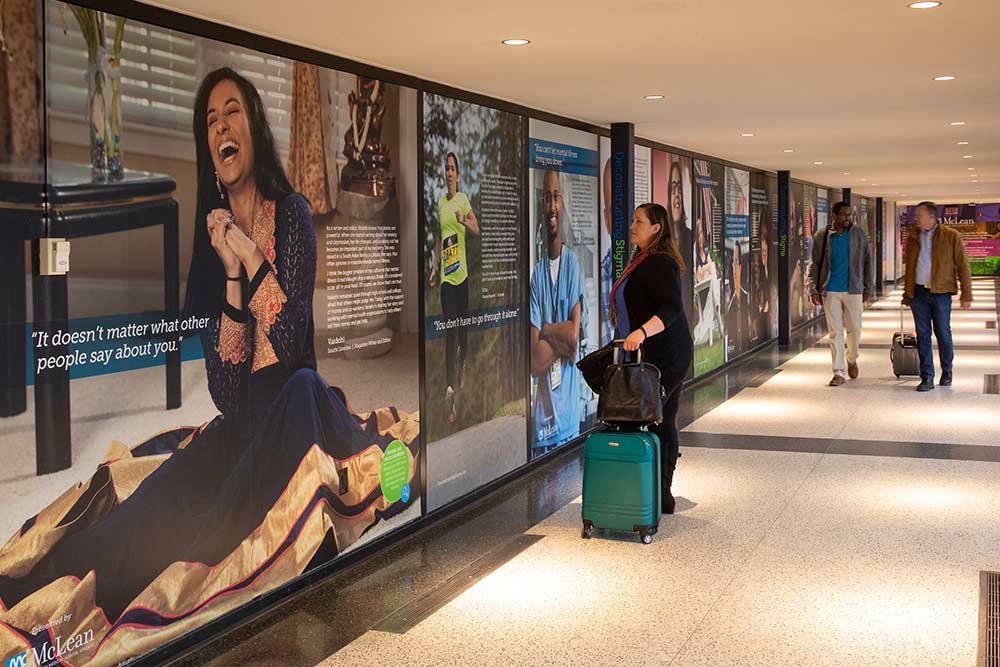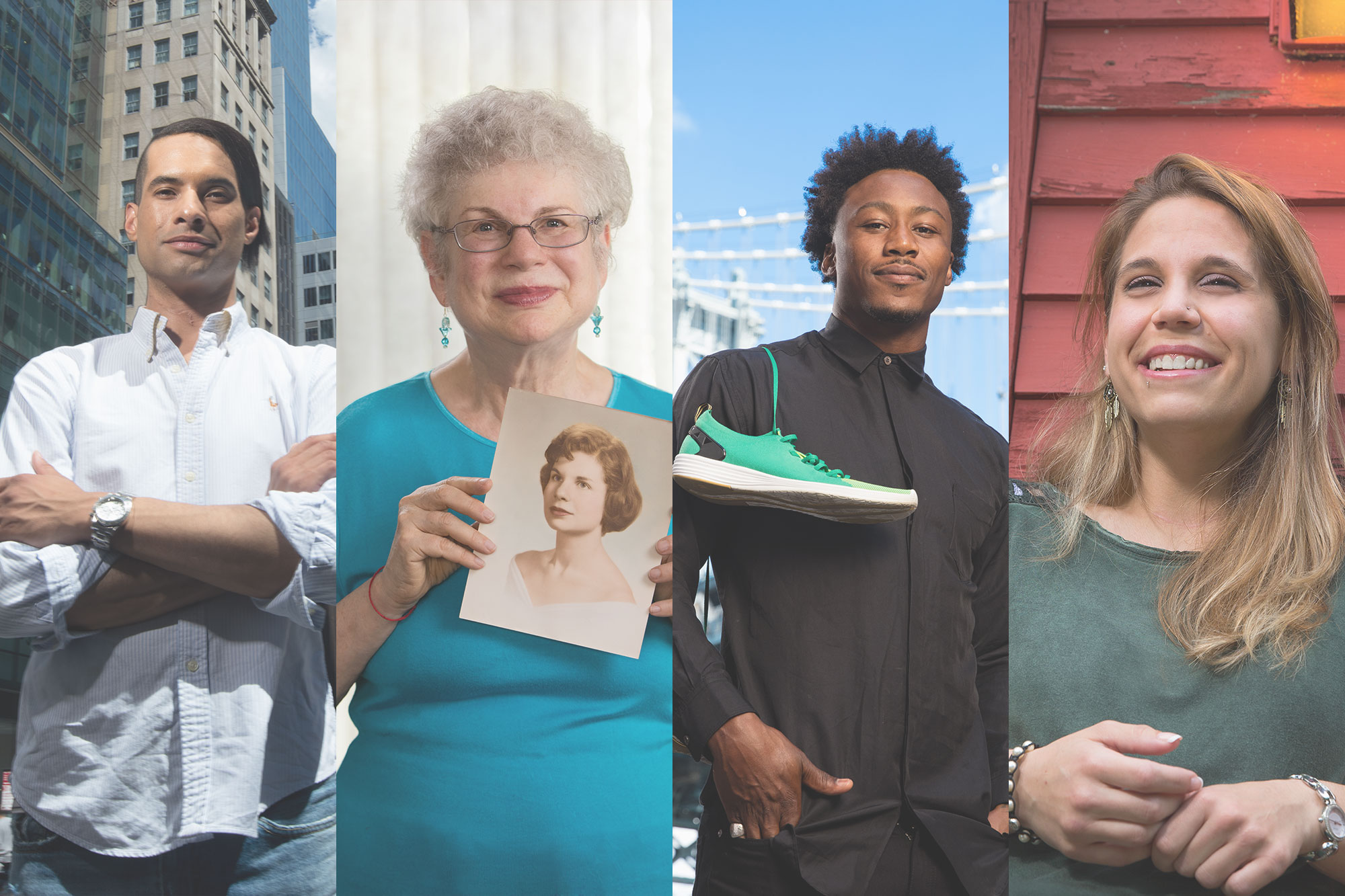I will do everything I can to fight stigma for the people who come after me
I had feelings of inadequacy and sadness that got to a point of no return. I tried to kill myself. Bullying at school, cultural toxicity, and body shaming led to this feeling of inadequacy and loneliness that exacerbated suicidal ideation.
A friend caught on to my struggles after I sent a rather cryptic goodbye text. Without realizing it, I realized that I wanted to live—I just needed a reason to fight.
Although Ramya didn’t have a formal diagnosis, she knew she was battling signs and symptoms similar to those of depression. Side by side, she had suicidal ideation and self-harm tendencies that she couldn’t justify. Looking around at her life, she recognized her privilege, which only led to more confusion and feelings of guilt.
I didn’t get help or even acknowledge what was going on with me. The night that I tried to kill myself, my classmate saved me with his words. He said, ‘Ramya, don’t do something you can’t take back. I want to see you at school tomorrow.’ Knowing that someone wanted to see me alive was enough for me to stop in my tracks and retract.
Ramya is convinced that mental health stigma prevented her from reaching out for help. She heard words like “weak” and “crazy” when people talked about mental health. She did not want to be associated with those words. Her South Asian heritage and community inherently focuses on a culture of competition and achievement. When productive and positive, the rewards can be well worth it. When mental health isn’t included in that hustle mentality, it can be detrimental, like it was for Ramya.
I knew I needed to finally talk about everything, but I wasn’t ready to get this help around my family and friends. I felt a sense of shame. I didn’t want anyone to know.
For Ramya, the shame was due to a longing for cultural and community acceptance. Within her spiritual community, she was looked at as a role model. Every move she made was analyzed and talked about, which led to severe shame without an outlet or a place to talk about those feelings. Also, she didn’t want to let anyone down, so she let herself down by not getting the help she wanted and deserved.
To get help, Ramya moved far from home. She lived in Australia for six months. There, she felt free to talk about her past traumas and present feelings. She also learned coping mechanisms and strategies for the times she felt sad.
I was able to talk about everything, and this is where I was diagnosed with obsessive compulsive disorder. To some degree, I always knew.
When I was younger, I’d scream and yell at my brother if he came into my room and moved my stapler by an inch. I freaked out if anything was out of place. I had to do things in rounds of three. I repeated words to myself. If I didn’t remember something, I HAD to look it up and figure it out, otherwise I wouldn’t be able to think about anything else. I didn’t know why I had these urges. I couldn’t help it.
Getting a formal diagnosis was the first step on Ramya’s road to recovery.
I felt like I could talk to someone about the inner workings of my mind—something I was embarrassed about my entire life. I started talk therapy treatment in Australia and continued it there for a few months.
I no longer felt ashamed; it was possible to be high-functioning and struggle with OCD. I could be the role model and the girl with a mental illness. The girl at an Ivy League school and the one who attempted suicide. It wasn’t a reason to be made fun of or be told to ‘suck it up.’ I didn’t need to call myself names anymore. I felt for the first time that I was going to be okay.
Acceptance is helping Ramya move forward with her life. She recently graduated from college, is a social worker, and works for three nonprofit organizations, where she is engaged in content creation and mental health advocacy. She also runs a college consulting company and is at work on a book about the mental health system.
When she looks back at her journey, she wishes she had fought through the stigma and reached out for help earlier, but she’s there now. She is working tirelessly to fight the construction of mental illness as something irrelevant and nonexistent in the South Asian community. She does that by providing psychotherapy with a culturally aware approach, talking about mental health openly, and writing.
I felt like no one cared, and that I was taking up space in the world. I felt like I was suffocating, and I honestly couldn’t take it any longer. If I went to get help at first, I don’t think I would have gotten to that point.
I want to live in a world where people don’t stop themselves from getting better because of stigma, and I will do everything I can to fight that for the people who come after me.

